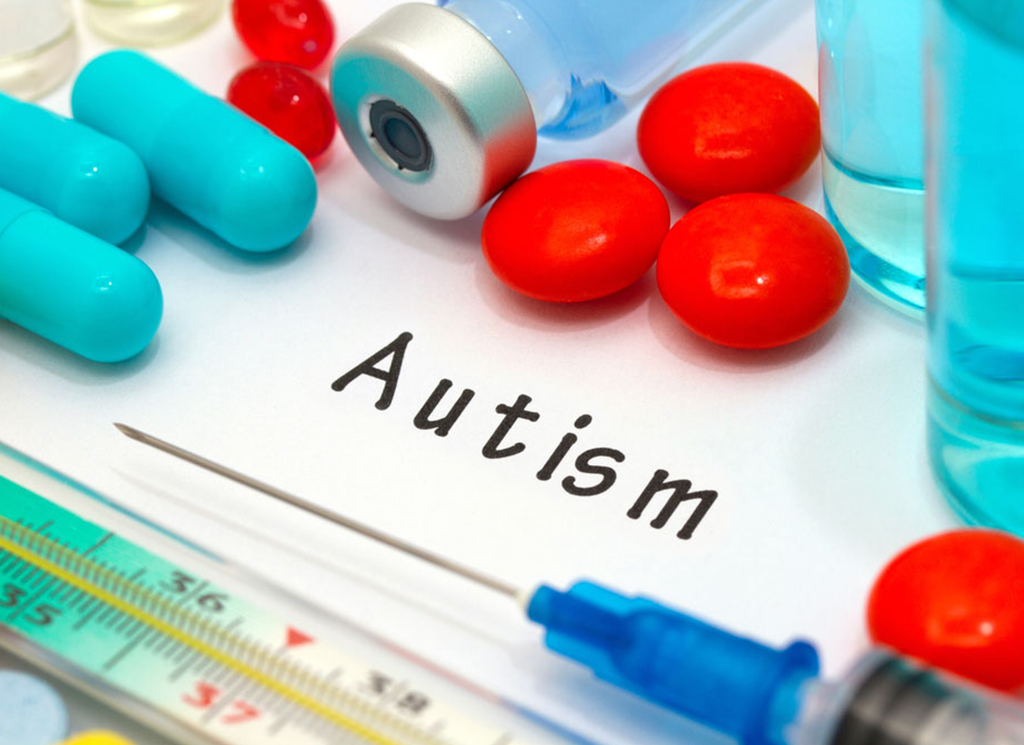0
$0.00
Mini Cart
Empty cart
No products in the cart.

Autism Spectrum Disorder (ASD) is a complex neurodevelopmental condition characterized by challenges in communication, social interaction, and repetitive behaviors. Emerging research suggests that oxidative stress—an imbalance between harmful free radicals and the body’s antioxidant defenses—may play a key role in ASD. One promising avenue of study is glutathione, the body’s most abundant antioxidant, which is often found at lower levels in children with autism.
At Allure Compounding Pharmacy, we specialize in customized glutathione formulations to meet the unique needs of children with ASD, offering options like liposomal glutathione, transdermal creams, and IV therapy—all designed to maximize absorption and effectiveness.
Children with ASD often exhibit:
This imbalance may contribute to neuroinflammation, mitochondrial dysfunction, and impaired brain development—all of which are linked to ASD symptoms.
Glutathione supports:
✔ Detoxification – Helps remove heavy metals and environmental toxins, which some studies associate with ASD severity.
✔ Neuroprotection – Shields neurons from oxidative damage and supports healthy neurotransmitter function.
✔ Immune regulation – Modulates inflammation, which is often elevated in ASD.
We offer:
Customized glutathione formulations (flavored liquids, allergen-free options).
Expert guidance on dosing and delivery methods.
Third-party tested for purity and potency.
Takeaway: While glutathione isn’t a cure for autism, it may help reduce oxidative stress and support neurological health in some children—especially when combined with other therapies like ABA, dietary changes, and methylation support. Interested in trying glutathione for your child? Consult your healthcare provider and contact Allure Compounding Pharmacy for personalized compounding solutions.
The FDA does not review any compounded drugs to evaluate their safety, effectiveness, or quality before they reach patients.
